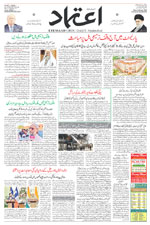US risks losing talented H1-B visa holders to Canada: Study
Fri 04 Nov 2022, 12:27:23
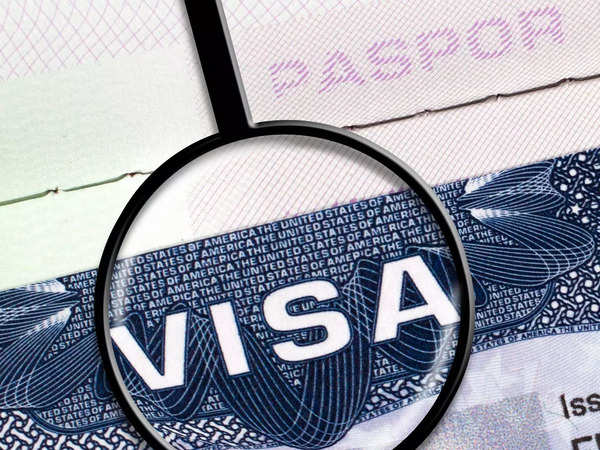
New Delhi: The US risks losing talented foreigners, particularly those married to other skilled professionals, to Canada, which grants work authorisation to spouses of all skilled foreign workers, says a new study.
But granting employment authorisation to all spouses of H-1B visa holders would encourage more skilled migrants, including Indians, to choose the US over Canada, the study by National Foundation for American Policy revealed.
“The US can reap significant economic benefits, ease labour shortages, and attract more workers in the global competition for talent if it expanded current rules on work eligibility for the spouses of H-1B visa holders,” the study, authored by Madeline Zavodny, said.
The number of Indians who became permanent residents in Canada increased by over 115 per cent between 2016 and 2020 and 2021.
In 2015, then President Barack Obama allowed the spouses of H-1B visa holders to work in the US via the H4 (dependent) visa.
H4 visas are issued to dependent spouses and children who accompany H-1B, H-2A, H-2B, and H-3 visa holders to the US.
The spouses of H-1B visa holders tend to be highly educated, many of them in STEM fields, and previously had careers of their own or worked to support their families.
“Allowing the spouses of H-1B visa holders to work upon arrival would help recruit and retain skilled workers and increase the already-considerable economic benefits of the H-1B visa category,” Zavodny said.
She estimates that almost 90 per cent of the spouses of H-1B visa holders have at least a bachelor’s degree, and over half have a graduate degree, based on American Community Survey data (2017-2019).
Out of these 90 per cent of spouses, two-thirds are from India and 6 per cent are from China.
“Almost half of spouses of likely H-1B visa holders who have a bachelor’s degree had a STEM-related major. Among spouses of likely H-1B visa holders who are employed, 42 per cent are working in a STEM
field,” she noted.
field,” she noted.
The Department of Homeland Security (DHS) regulation published in 2015 allows spouses who hold an H4 visa to apply for an Employment Authorization Document (EAD).
Currently, H4 spouses can only apply for an EAD after their H-1B spouse is in the queue for a permanent visa.
That typically does not occur until the H-1B has worked in the US for several years; indeed, some spouses may apply only after their H-1B spouse has worked in the US for at least six years.
The H4 visa holder must be selected in the H-1B lottery, which only occurs once a year and has low odds of success.
Long delays in processing H4 EADs have plagued the US Citizenship and Immigration Services (USCIS) and the spouses who need the approval to work.
Spouses of workers who hold an L-1 intracompany transferee visa, an E-1 treaty trader, an E-2 treaty investor, or E-3 specialty occupation worker from Australia visa are allowed to work.
Spouses of these visa holders are “considered employment authorised incident to status”, that is, their visa allows them to work and they do not need to apply separately for an EAD.
Since mid-2015, some 171,000 H-4 visa holders have been approved for employment authorisation, a significant portion of whom are from India.
In fiscal 2021, Indians bagged the highest number of H1B visas i.e., over 74 per cent of the allotments.
Out of 4.07 lakh H1-B visas approved by the USCIS, 3.01 lakh were allotted to Indians whereas, 50,000 Chinese received the visas.
Research shows that the H-1B visa category bumps up economic growth, creates jobs for American workers, and slows offshoring of high-paid jobs.
“If allowed to work, these spouses would make considerable contributions to the US labour market as most of them would enter occupations with very low unemployment rates and high job vacancy rates,” says Zavodny.
No Comments For This Post, Be first to write a Comment.
Most viewed from General
Most viewed from World
AIMIM News
Latest Urdu News
Most Viewed
May 26, 2020
Do you think Canada-India relations will improve under New PM Mark Carney?
Latest Videos View All
Like Us
Home
About Us
Advertise With Us
All Polls
Epaper Archives
Privacy Policy
Contact Us
Download Etemaad App
© 2025 Etemaad Daily News, All Rights Reserved.

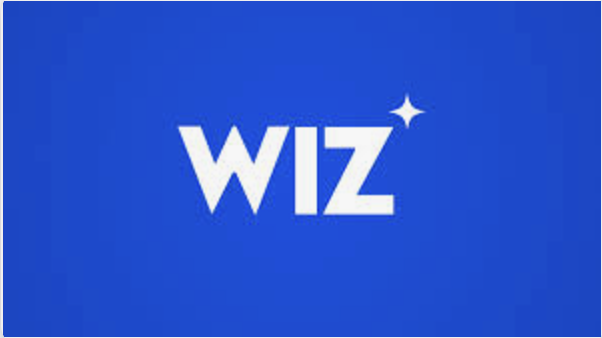




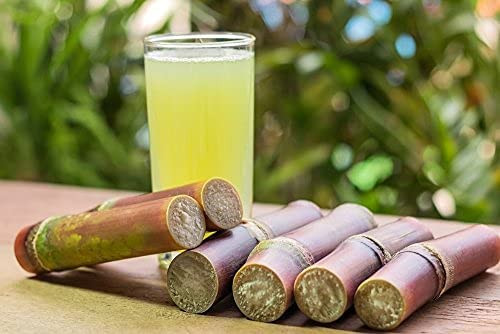
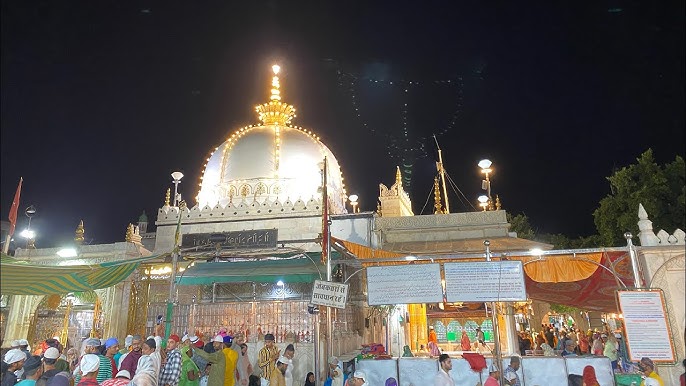
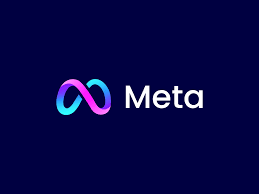

.jpg)
.jpg)
.jpg)
.jpg)

.jpg)
.jpg)
.jpg)
.jpg)
.jpg)
.jpg)


